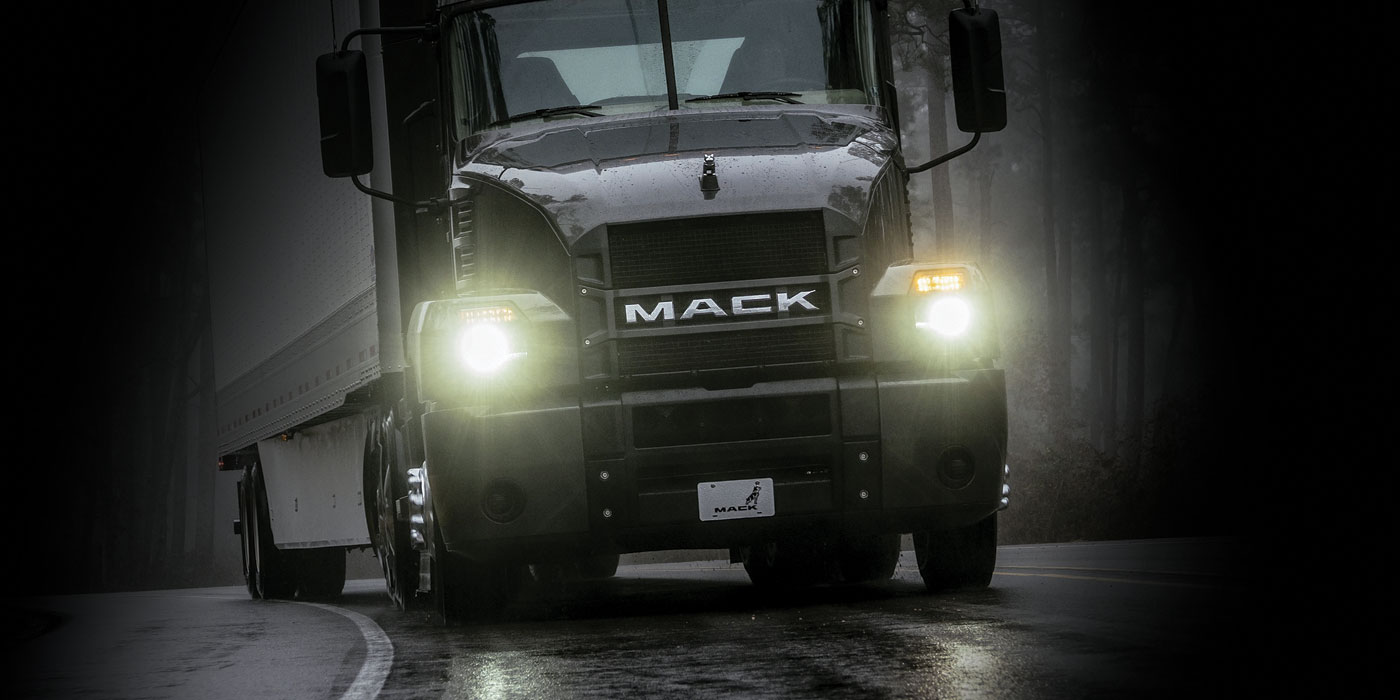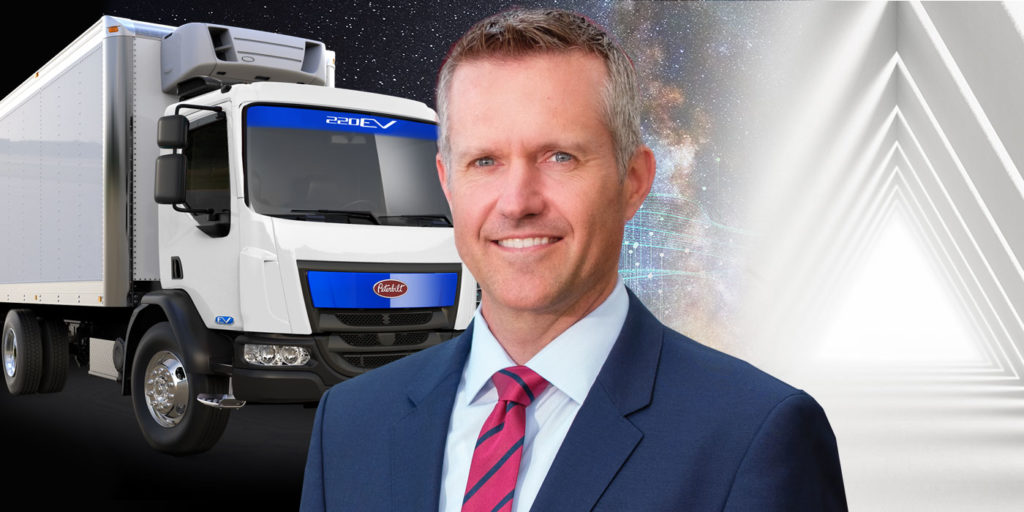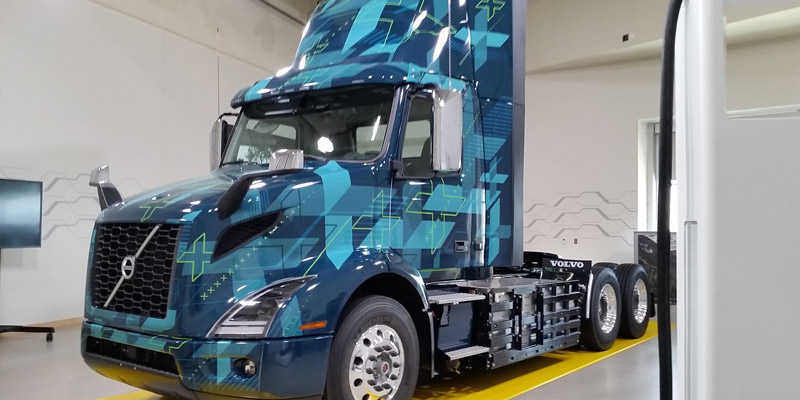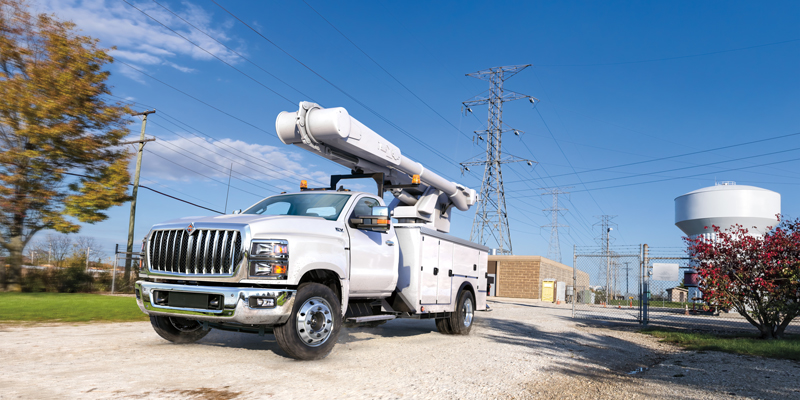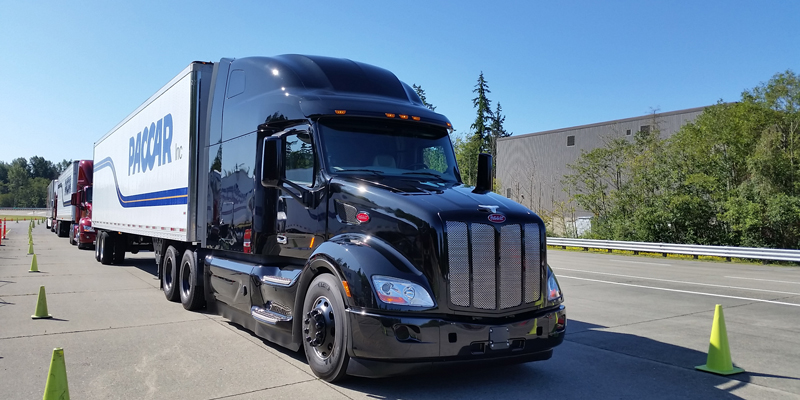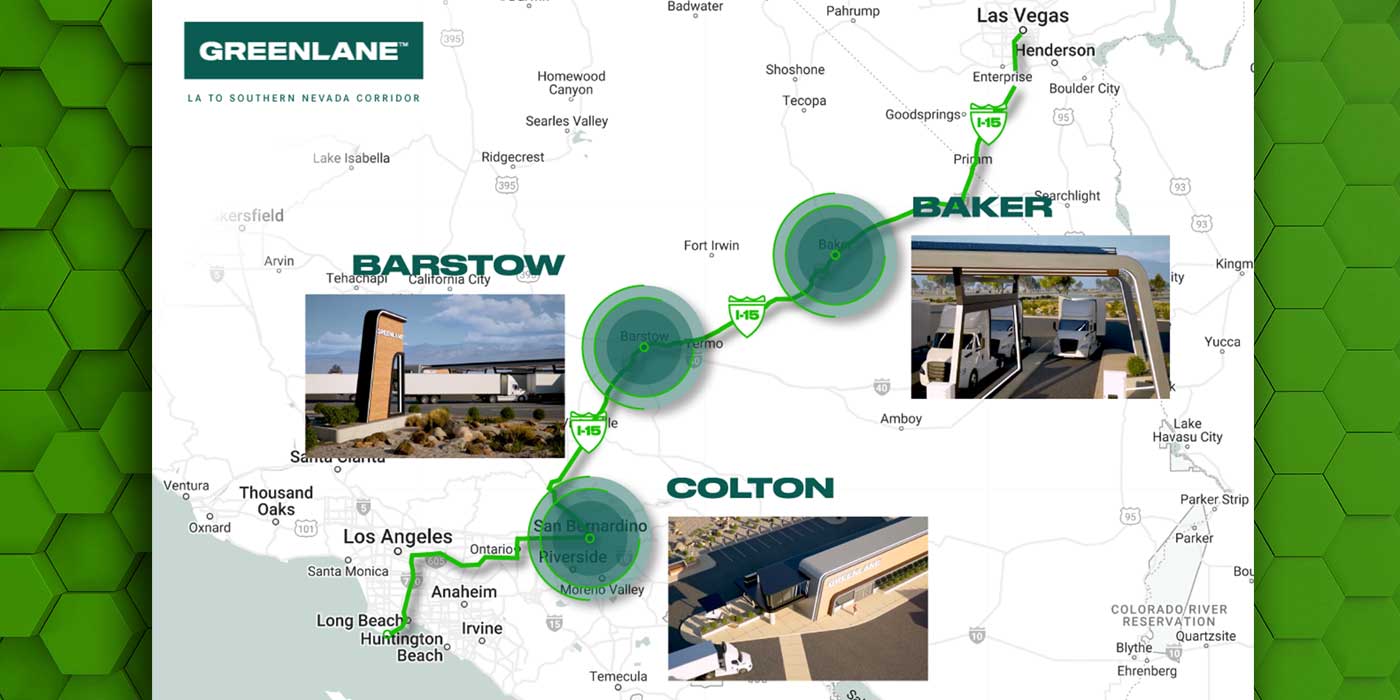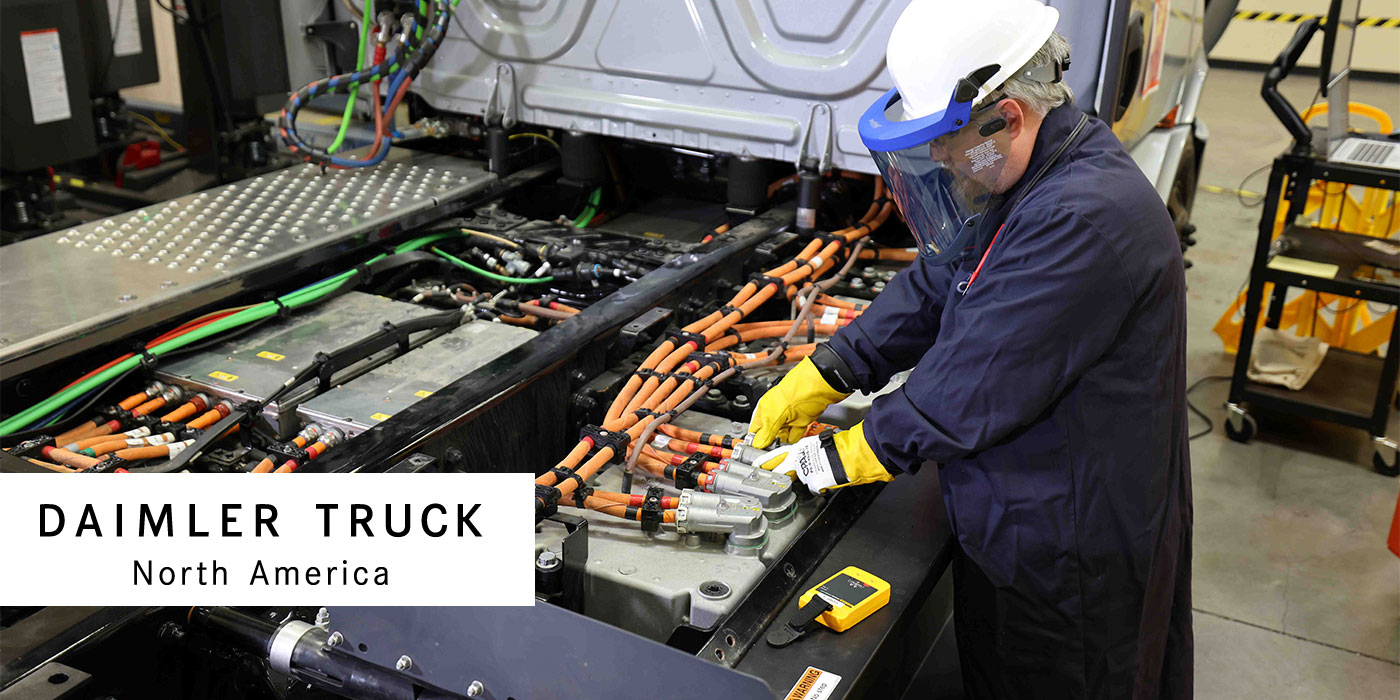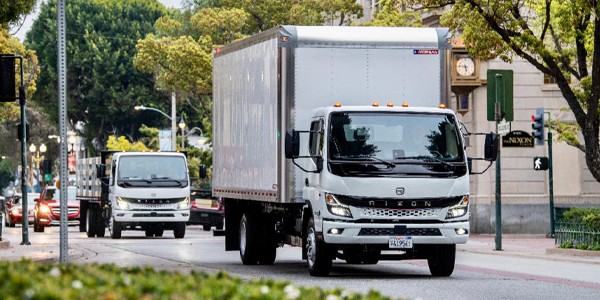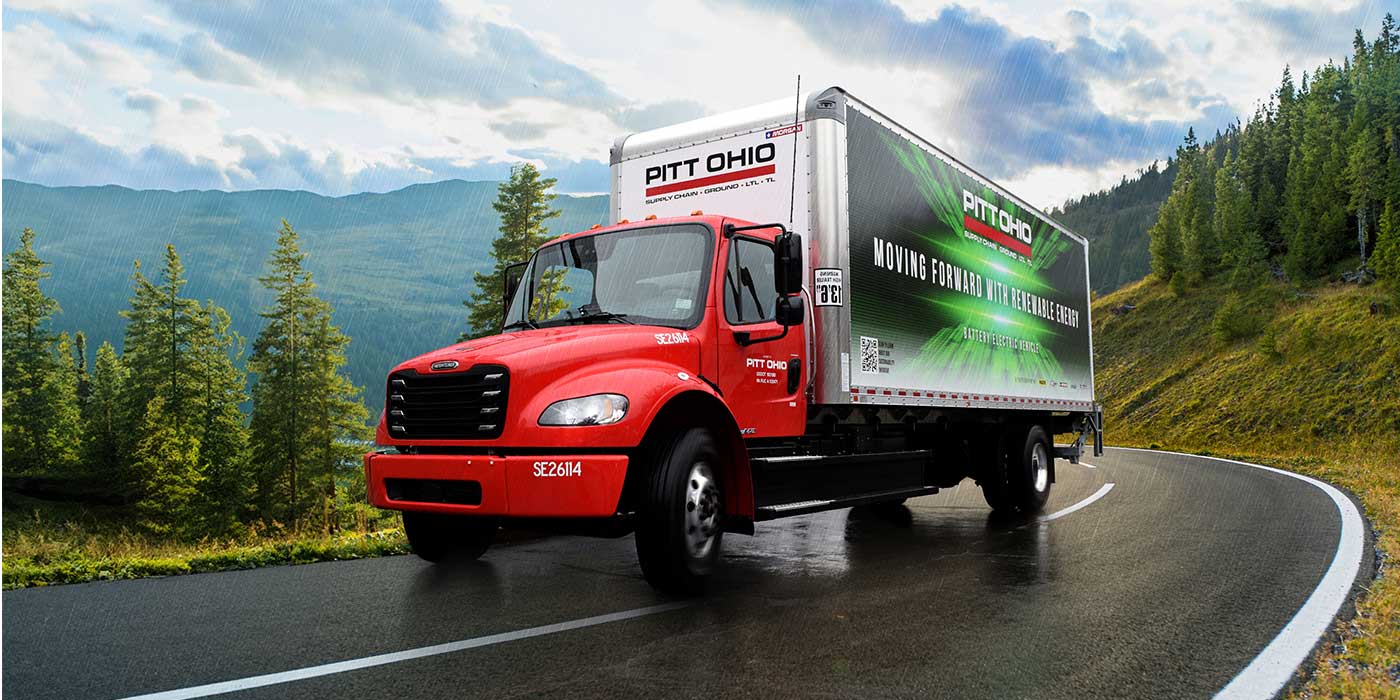Daimler Trucks North America Senior Vice President Friedrich Baumann is clear as to the direction in which the North American truck industry is going. “Today, it is as much about the service as it is the product,” he says.
You have heard this many times before. In fact, it’s been a nigh-on constant refrain from all of the OEMs for the past few years. It is no longer good enough merely to produce trucks, deliver them and wish the new owners joy with their acquisitions. The new owners want more than that.
At the top of that wish list is the fundamental, but seemingly oft forgotten, notion of profit and loss. Ultimately people go into business to make money. Many economists—though by no means all—will agree on this assertion. If the pursuit of profit is a key motivational driver here, then so too is the pursuit of sustainable profit. In other words, you don’t just have to make it work today, but tomorrow and the next day also. It’s all about the sustainability.
We now know what happens when a company produces a product that is unfit for purpose. We don’t need to labor the point here, but if a manufacturer produces a product fit only for the scrap yard, that’s where it is likely to end up. Trucking in 2015 is not a place that forgives mediocrity readily, and so the reality of the marketplace—at least in terms of the equipment itself—is one that does not distinguish between good and bad, but good and better.
Baumann takes a long view as to where better is going to come from in the future. It’s clear that, as vehicle design moves more towards by wire processes, mechatronics is going to play a central role. So too will firmware over the air (FOTA), which will, according to Baumann, usher in the possibility of an almost bespoke programming of a truck designed to optimize its efficiency on a route by route, almost minute by minute basis. I’m no scientist and I can’t even pretend to understand how this is going to work, but I can’t help but feel excited by the prospect. “Ha,” you say. “It will never happen.” But here’s the thing: It already has.
Occasionally, if you approach London’s Heathrow Airport from the south west, you will pass over a very striking building. From the air it looks like a Yin Yang symbol, and it’s home to the McLaren Technology Group. McLaren is best known for its participation in Formula One Motor Racing. An F1 race lasts a couple of hours and, during those two hours, race teams pull out—on average—6.5 billion pieces of data. From each car.
A couple of years ago, I read an interview with McLaren Chief Executive Officer Ron Dennis. Leaving aside anything else he had to say, what stuck in the mind was his comment that “….we are not a F1 team but we are a technology company that has a F1 team.”
Dennis seems to have nailed it. He is not collecting 6.5 billion pieces of data for the fun of it or because he promised his mom he would do so. That data is actionable and, if used correctly, can provide him—his race team—with a competitive advantage. This seems to speak to that which Baumann asserts and his vision of the future.
Are truck manufacturers now technology companies that manufacture trucks? It seems increasingly likely that it is more a marriage of truck and technology. It’s about creating the truck as a technology platform—ready to put to work any analytic solution that fits the fleet’s business. Does this mean a more profitable and efficient business for their customers? Time, as ever, will tell.


